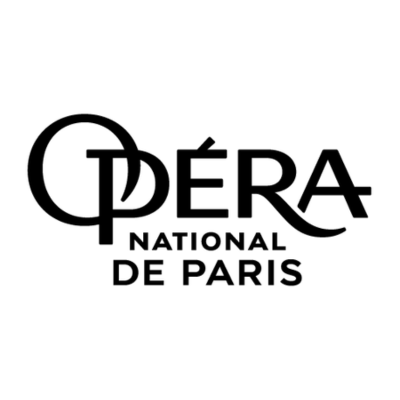Opéra national de Paris: Opéra Bastille120 rue de Lyon, Paris, Île-de-France, 75012, Frankreich
Datum/Zeit in Paris Zeitzone
Programm
| Verdi, Giuseppe (1813-1901) | Otello | Libretto von Arrigo Boito |
Darsteller
| Opéra national de Paris | ||
| Orchestre de l'Opéra national de Paris | ||
| Chœurs de l'Opéra national de Paris | ||
| Chœur d'enfants de l'Opéra National de Paris | ||
| Marco Armiliato | Musikalische Leitung | |
| Andrei Șerban | Regie | |
| Aleksandrs Antoņenko | Tenor | Otello |
| Lucio Gallo | Bariton | Iago |
| Michael Fabiano | Tenor | Cassio |
| Francisco Almanza | Tenor | Roderigo |
| Carlo Cigni | Bass | Lodovico |
| Roberto Tagliavini | Bass | Montano |
| Renée Fleming | Sopran | Desdemona |
| Nona Javakhidze | Mezzosopran | Emilia |
The first thing we hear in Verdi's Otello, even before human voices, is the storm. And it is indeed an irresistible, destructive force that rages through the four acts of the opera, from the hero's triumphant arrival and his moonlight duet with Desdemona to their pitiful end, dead for nothing. As Dostoyevski says, "Othello kills not out of jealousy but because his ideal has been killed". The golden dream of the first act has become a mirage, a lie. In heaven's name, he has to destroy what has assumed its sacred form only to deceive. Once the angel has fled, once Othello is bound to the cross, all that remains for him is a terrifying descent into hell. And it is only in the depths of the abyss that justice can be done. For his last tragedy, forty years after Macbeth, Verdi once again returns to Shakespeare, his shadow companion, this time aided by the genius of Arrigo Boito. Together they made their Otello a timeless drama of moonlit lyricism and savage violence. Alongside Aleksandrs Antonenko, Renée Fleming returns to Paris Opera in the role of Desdemona.


